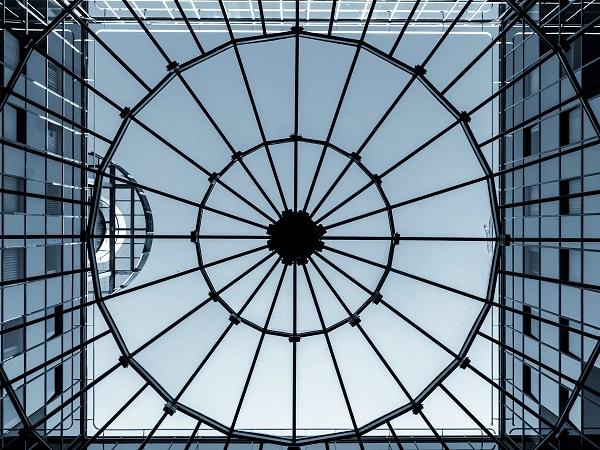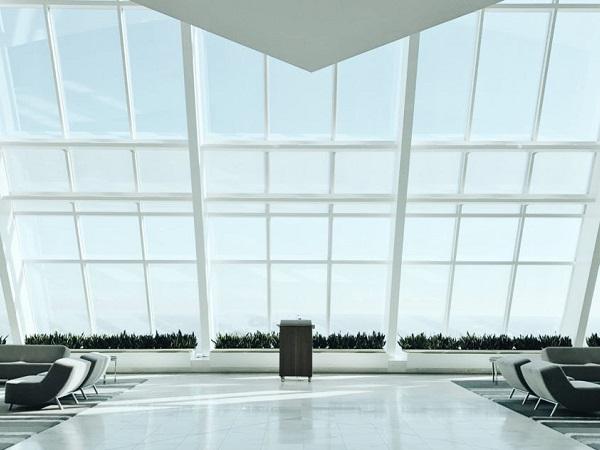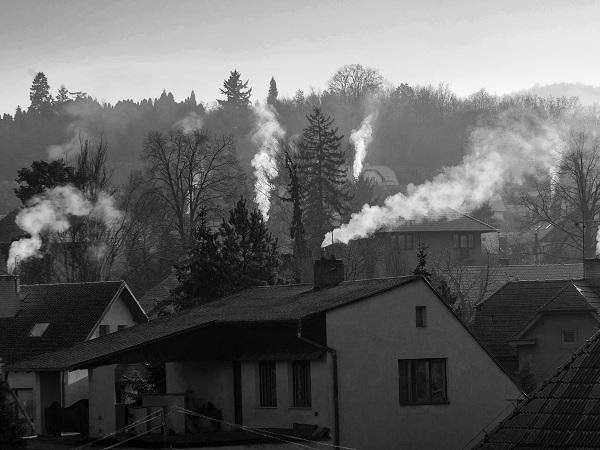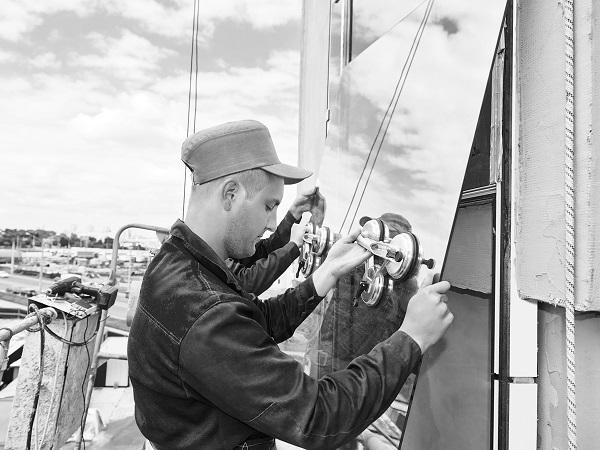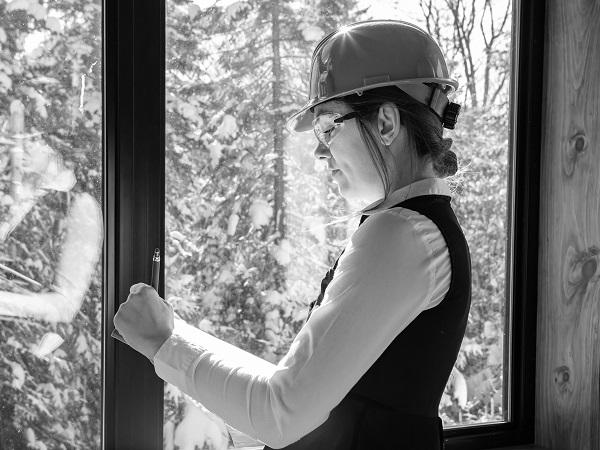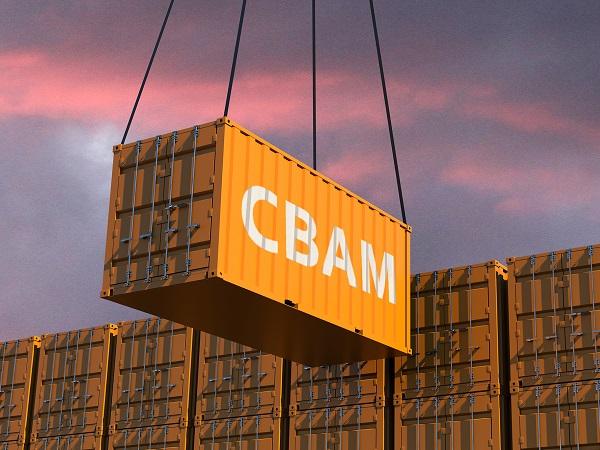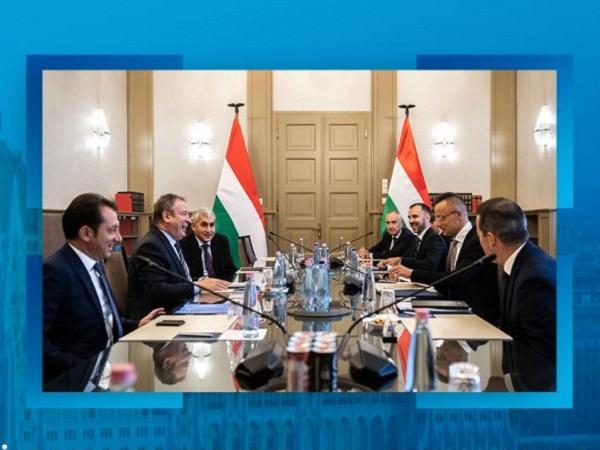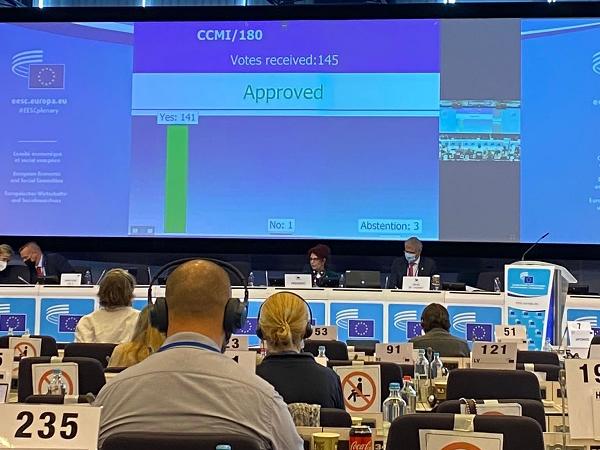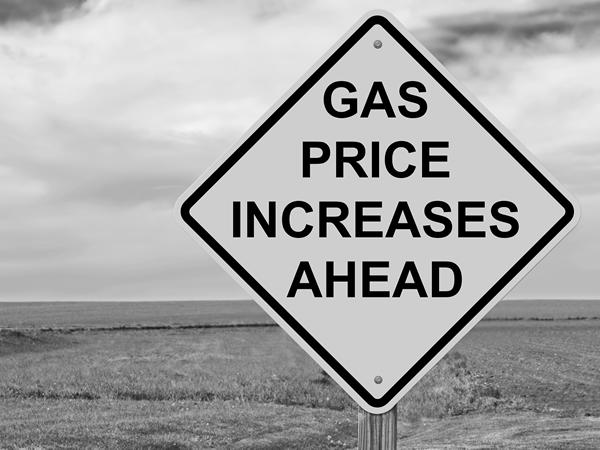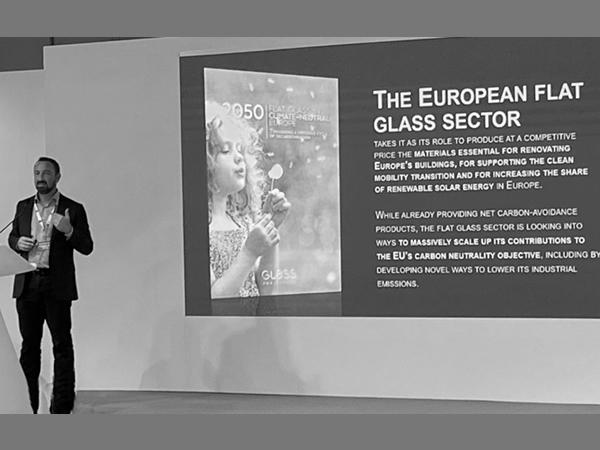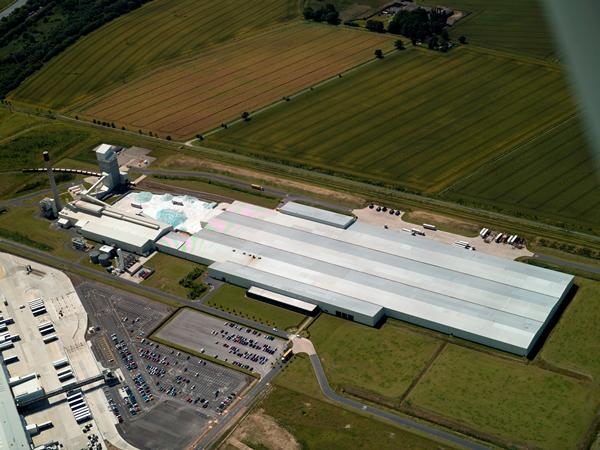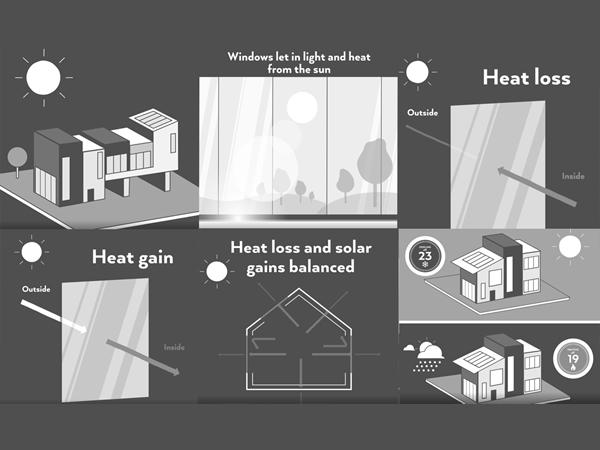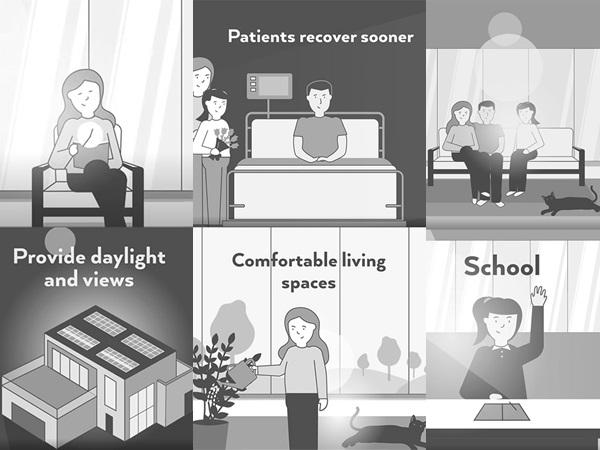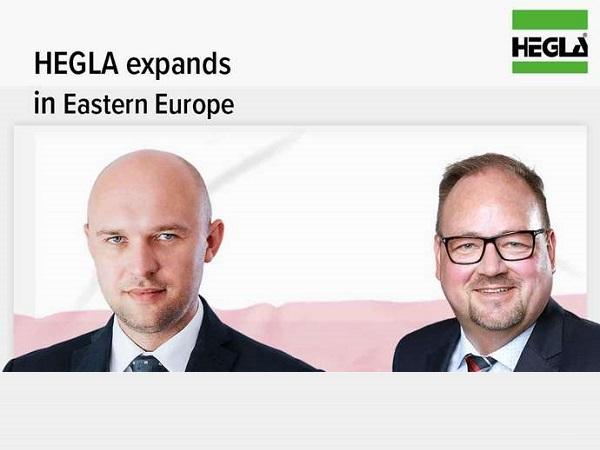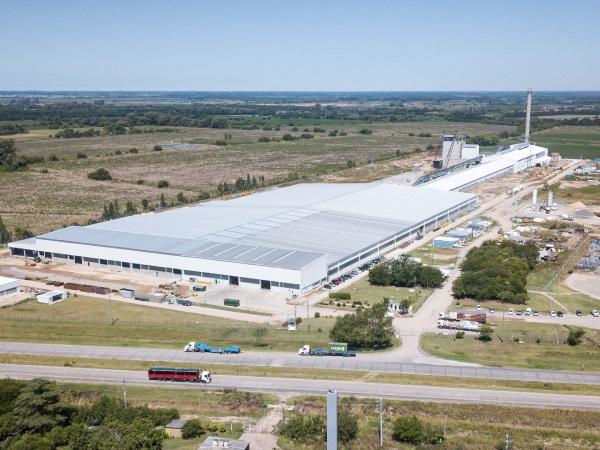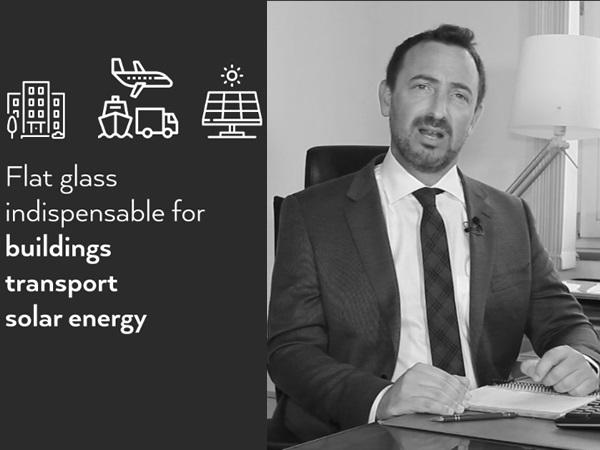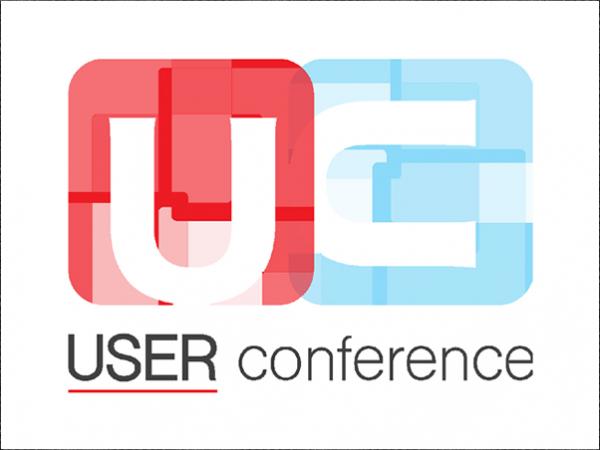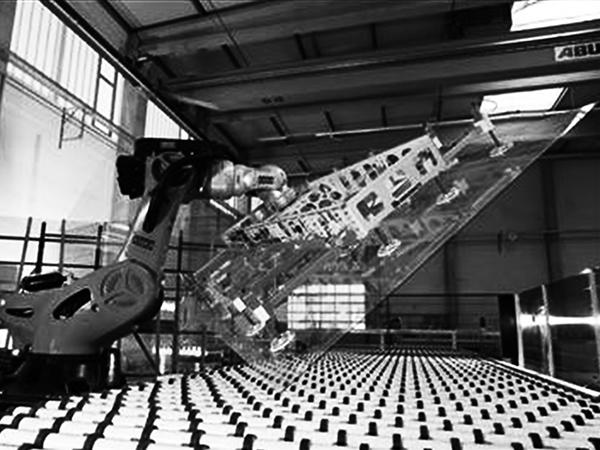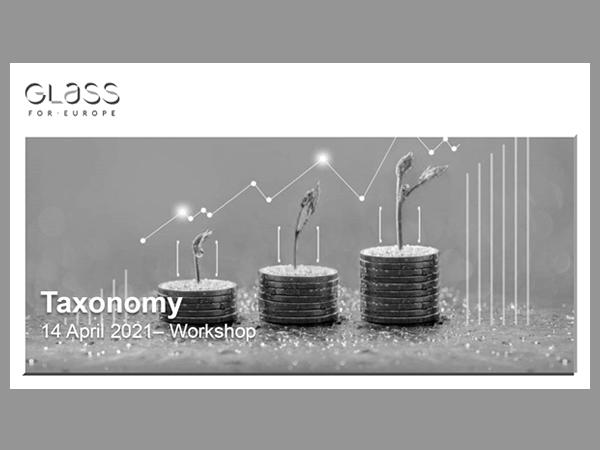Others also read
The European flat glass sector takes as its role to produce the materials essential for renovating Europe’s buildings, for supporting the clean mobility transition and for increasing the share of renewable solar energy in Europe.
To decarbonise the EU building stock and boost its sustainability, the European Commission is on right tracks, but it needs to accelerate.
Glass for Europe has released its position paper on the extension of the EU ETS system to buildings and transport.
Glass Alliance Europe answered to the stakeholder consultation on the Staff Working Document “For a resilient, innovative, sustainable and digital energy-intensive industries ecosystem: Scenarios for a transition pathway“, to which Glass for Europe…
High-tech glazing play a crucial role to make buildings more energy efficient, but flat glass technologies are also essential to the clean mobility transition and to renewable solar energy production.
The CBAM shall be versatile, free from dangerous loopholes, and able to preserve complex EU-based value-chains.
The flat glass sector is energetically exploring novel ways to lower its industrial emissions and massively scale up its contributions to the EU’s climate neutrality objective.
Growing steadily with new investments globally, Şişecam is making its first European glass packaging production facility investment in Hungary.
Adding to the dialogue on the transition towards a climate-neutral society, the European Economic and Social Committee (EESC) has called for more action to be taken to protect the European glass industry.
The EESC – European Economic and Social Forum has approved the opinion “Glass in Europe at a crossroads: delivering a greener, energy-efficient industry, while enhancing competitiveness and maintaining quality jobs”.
Glass for Europe supports the EU industry’s calls for immediate action to address the steep rise of energy prices.
Based on the findings of the Renovate2Recover study, Glass for Europe calls on Member States to take additional measures to support building renovation.
Glass for Europe was at Vitrum Milan to talk about “Circular economy in the European building glass sector” and to meet with the colleagues of the International Community of Glass Associations.
Guardian Glass is investing in the future of commercial and residential building in the UK and Ireland.
The main functions of windows and facades are to let daylight into buildings and to ensure a visual connection with the exterior.
The benefits delivered by large glazed surface are more than we think. They provide access to natural daylight and a visual connection with the external environment.
For maximum proximity to customers and to continue to meet the requirements of the eastern European market in future, the HEGLA Group will open a subsidiary in Poland.
Yesterday, Glass for Europe organized a special on-line workshop entirely dedicate to the “fit for 55” package, which was released on 14 July.
The International Finance Corporation (IFC), a member of the World Bank Group, announced an investment of $40 million in NSG UK Enterprises Limited (NSG UK), a part of the NSG Group, a long-standing IFC client.
Kuraray issued a new brochure on Trosifol® The Wedge. The use of Head Up Displays (HUD) continues to increase in the automotive industry.
Glass for Europe is ready to engage with European Parliament and EU Council to trigger a virtuous decarbonisation cycle.
FeneTech Europe Sàrl Director Sylvain Kaiser announced today the dates for this year's user conference to be held 7 June through 10 June.
Yesterday, the European Commission released the update of the EU Industrial Strategy, firstly published in March 2020, just before the explosion of the COVID19 pandemic.
The significant attendance to the Glass For Europe workshop on taxonomy shows the issue is of high concern to the flat glass industry.

